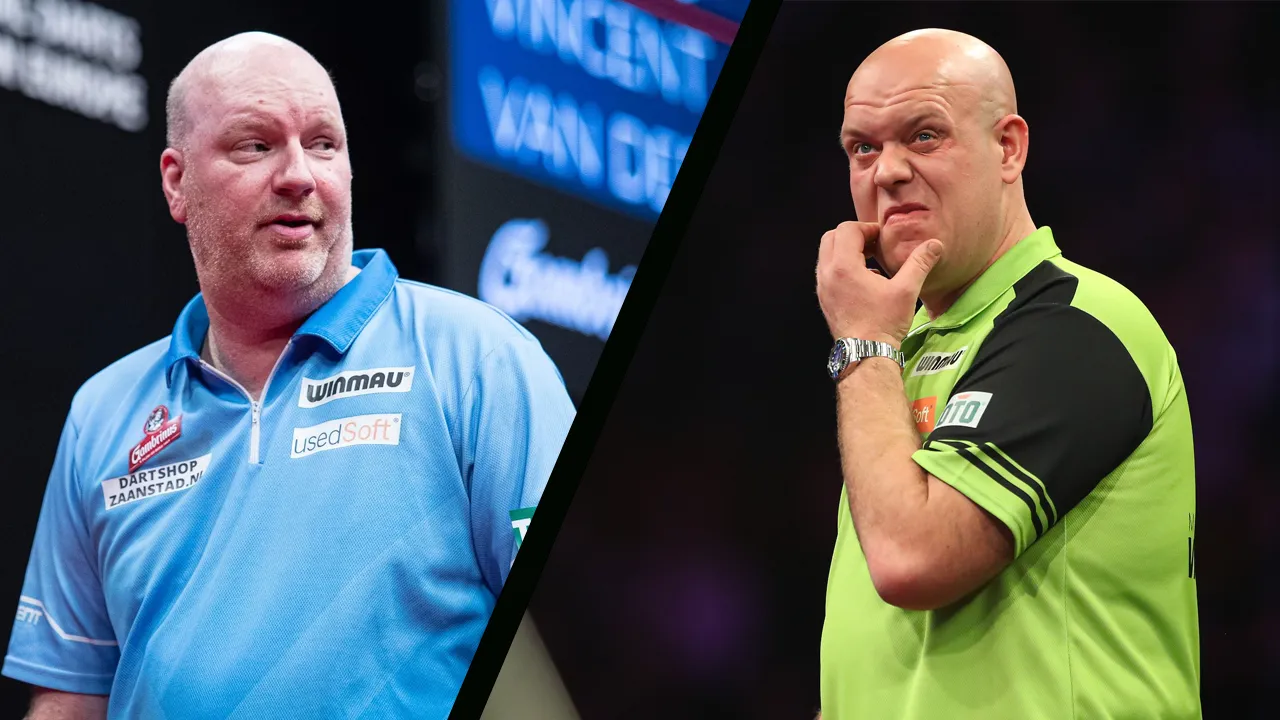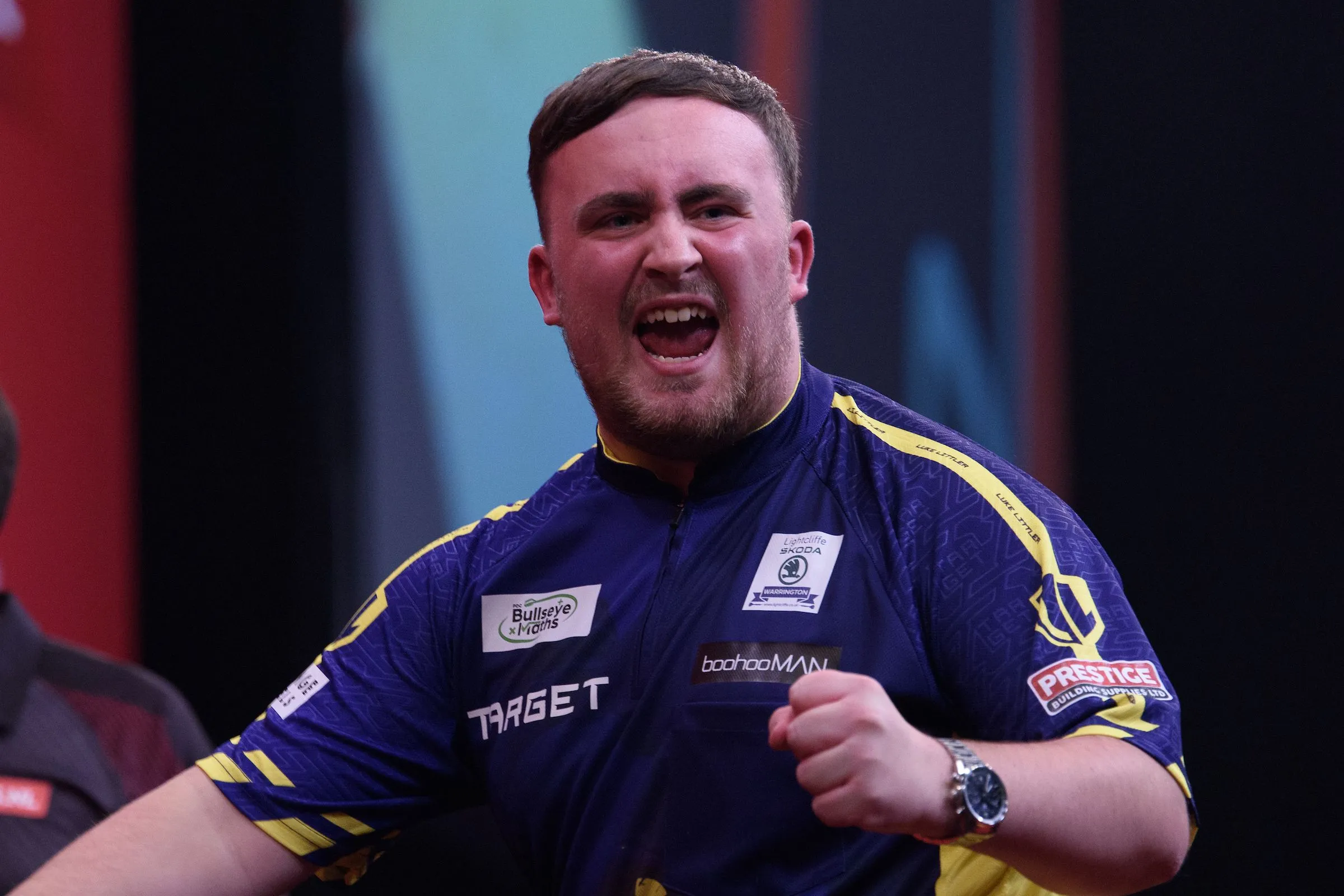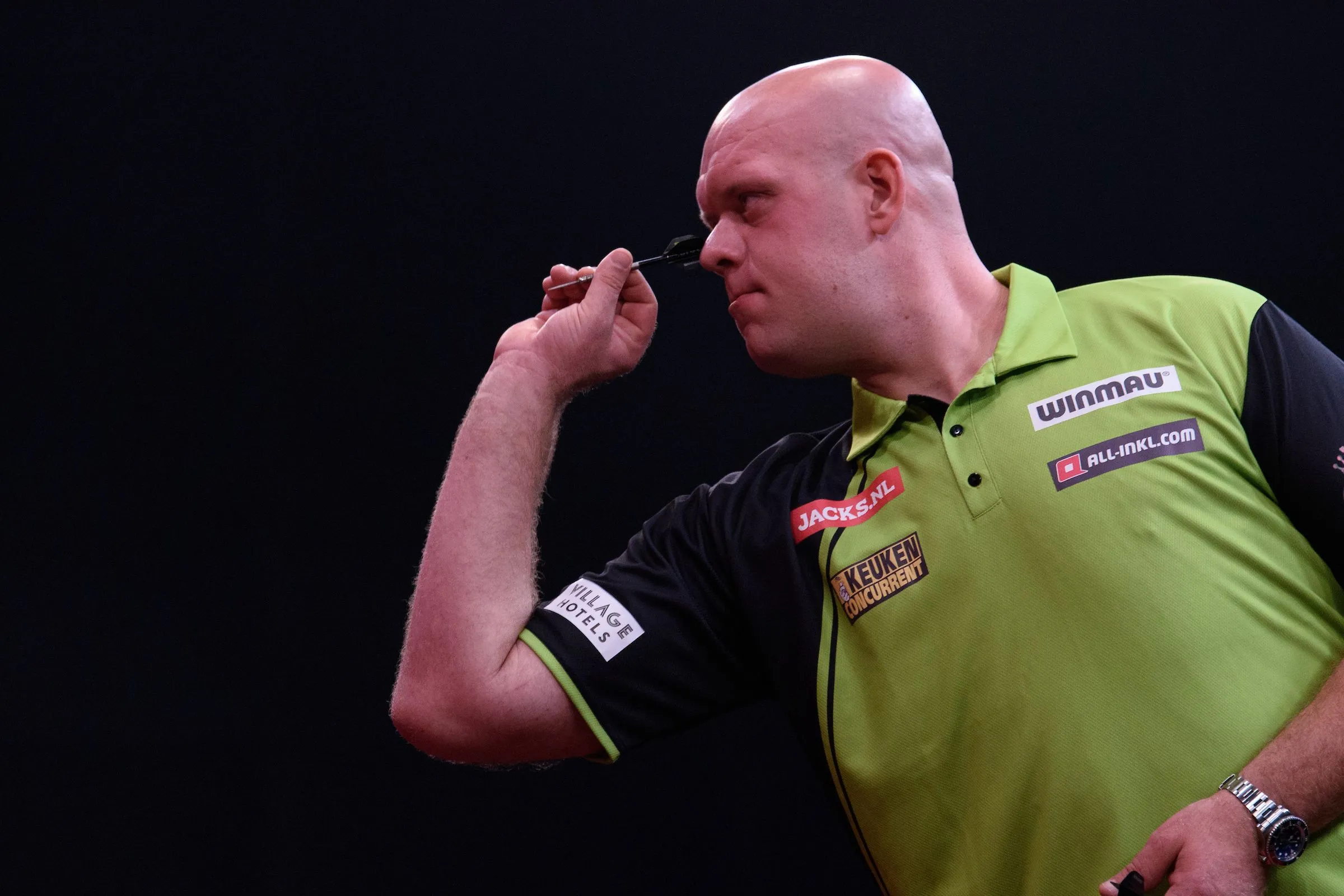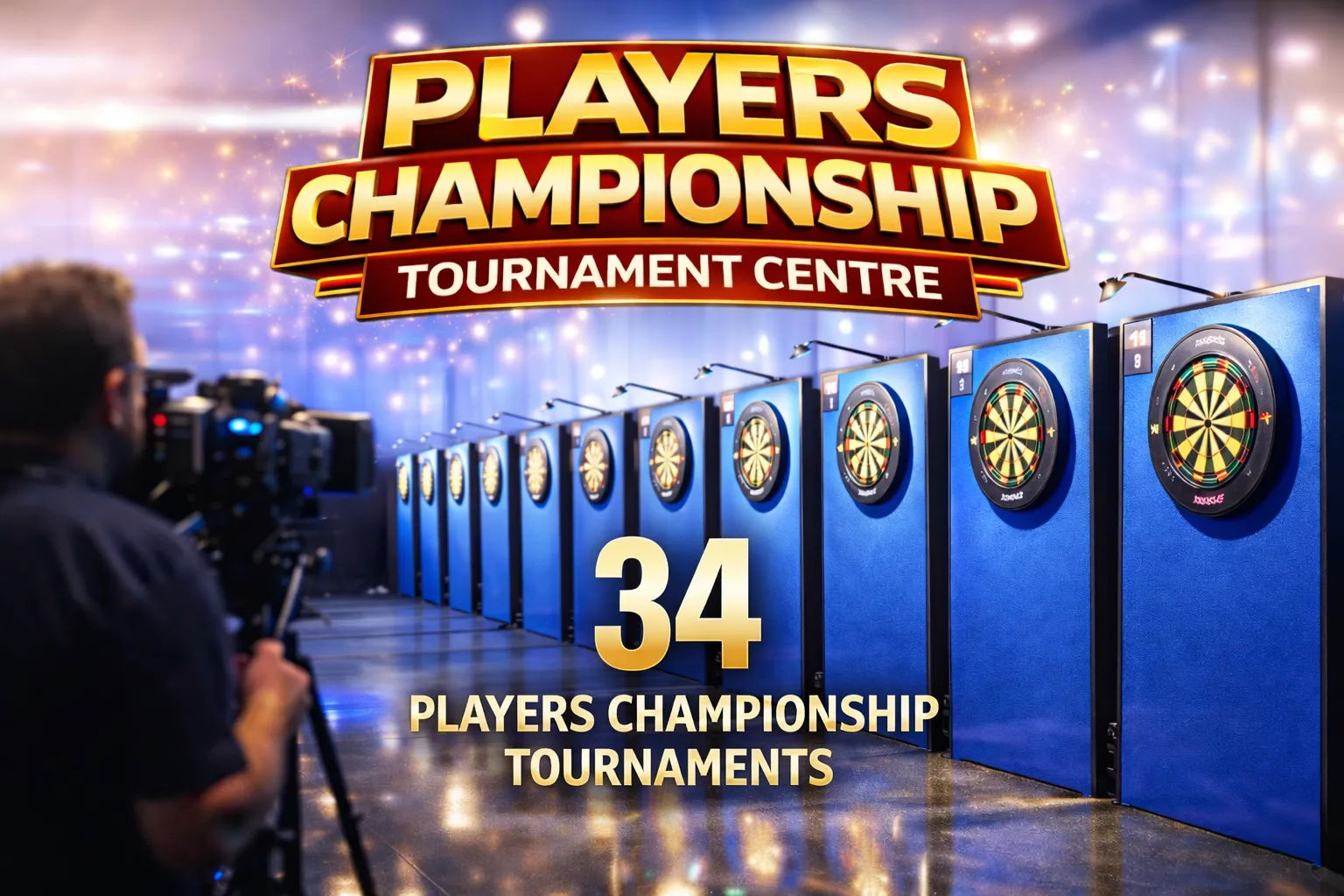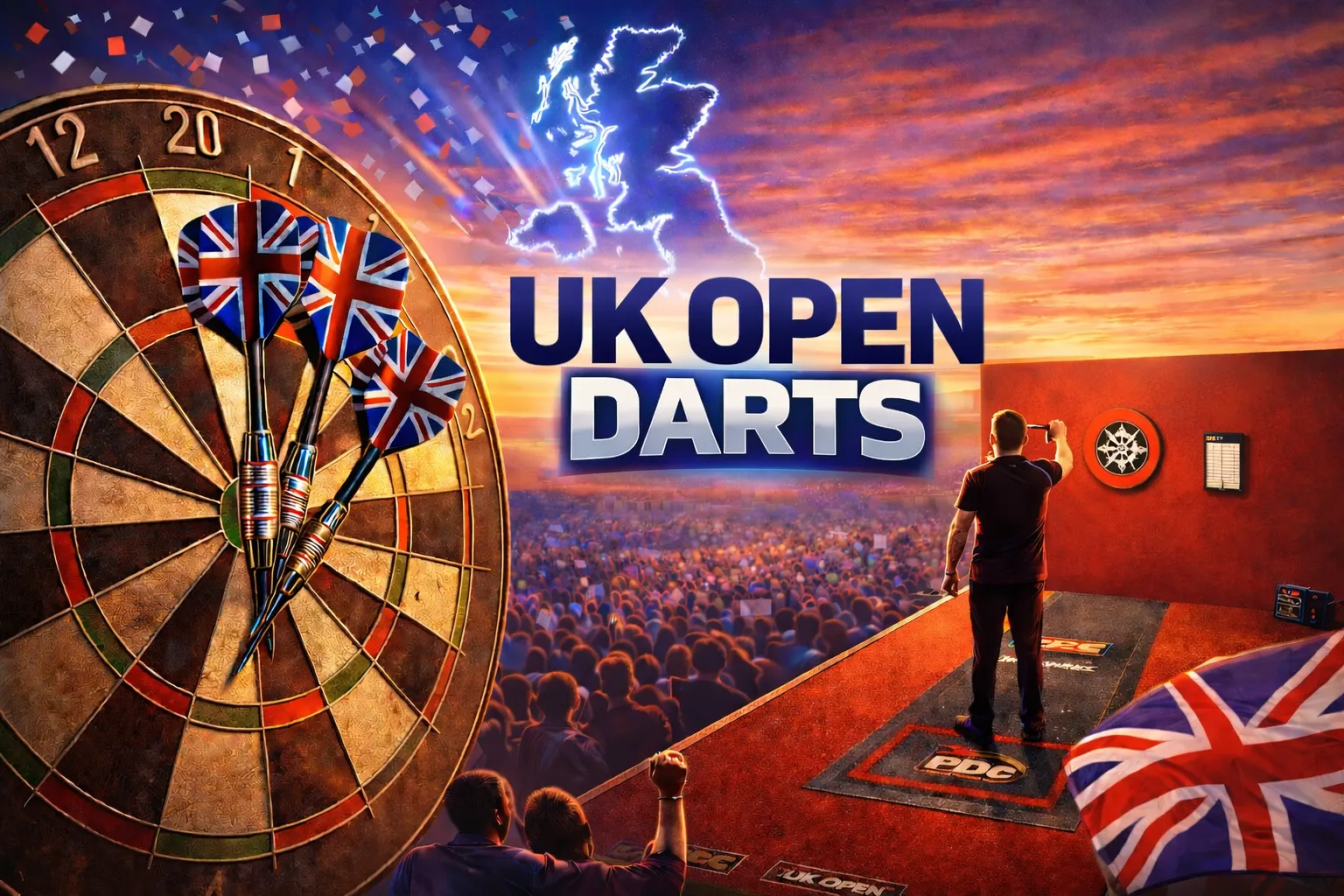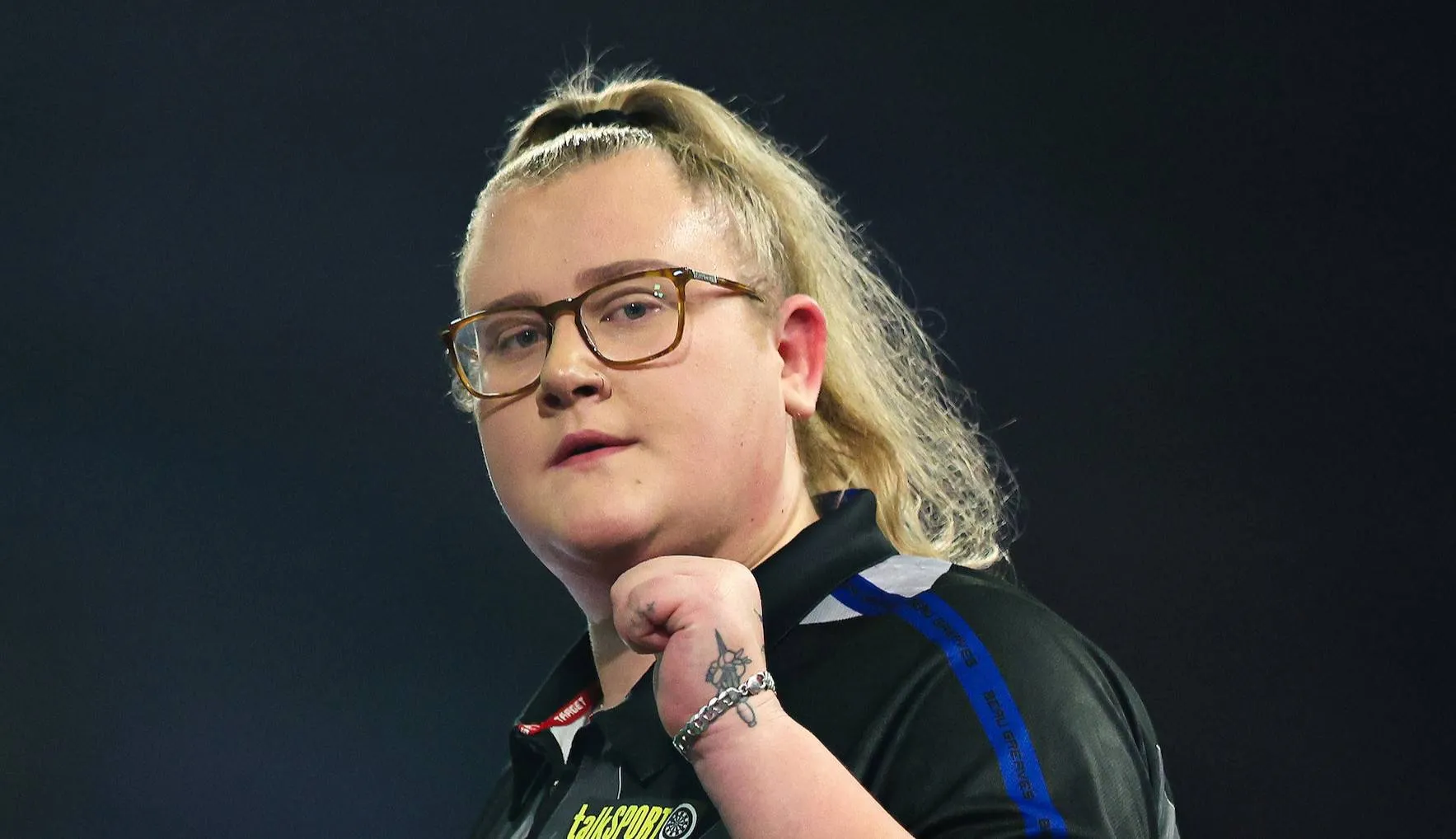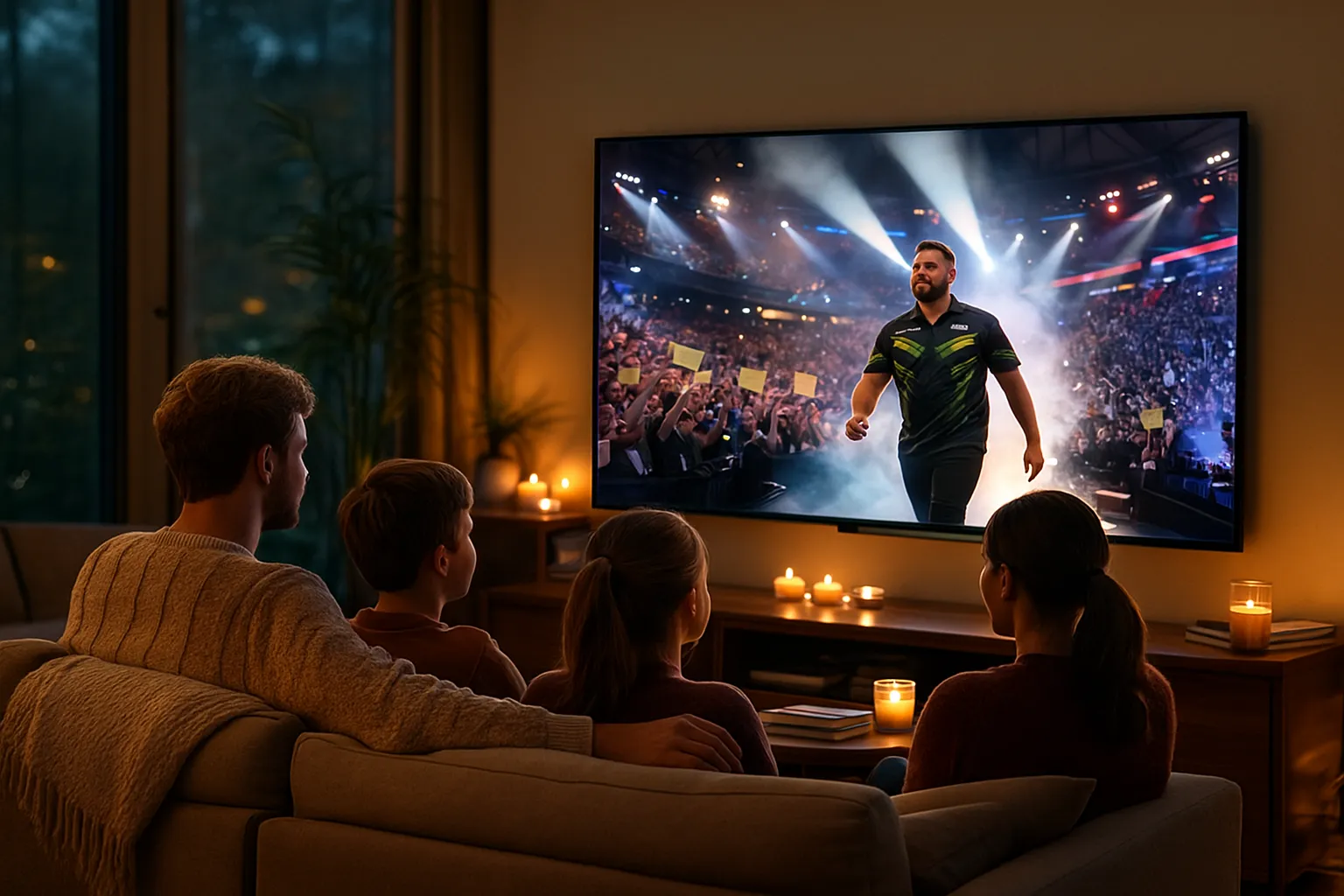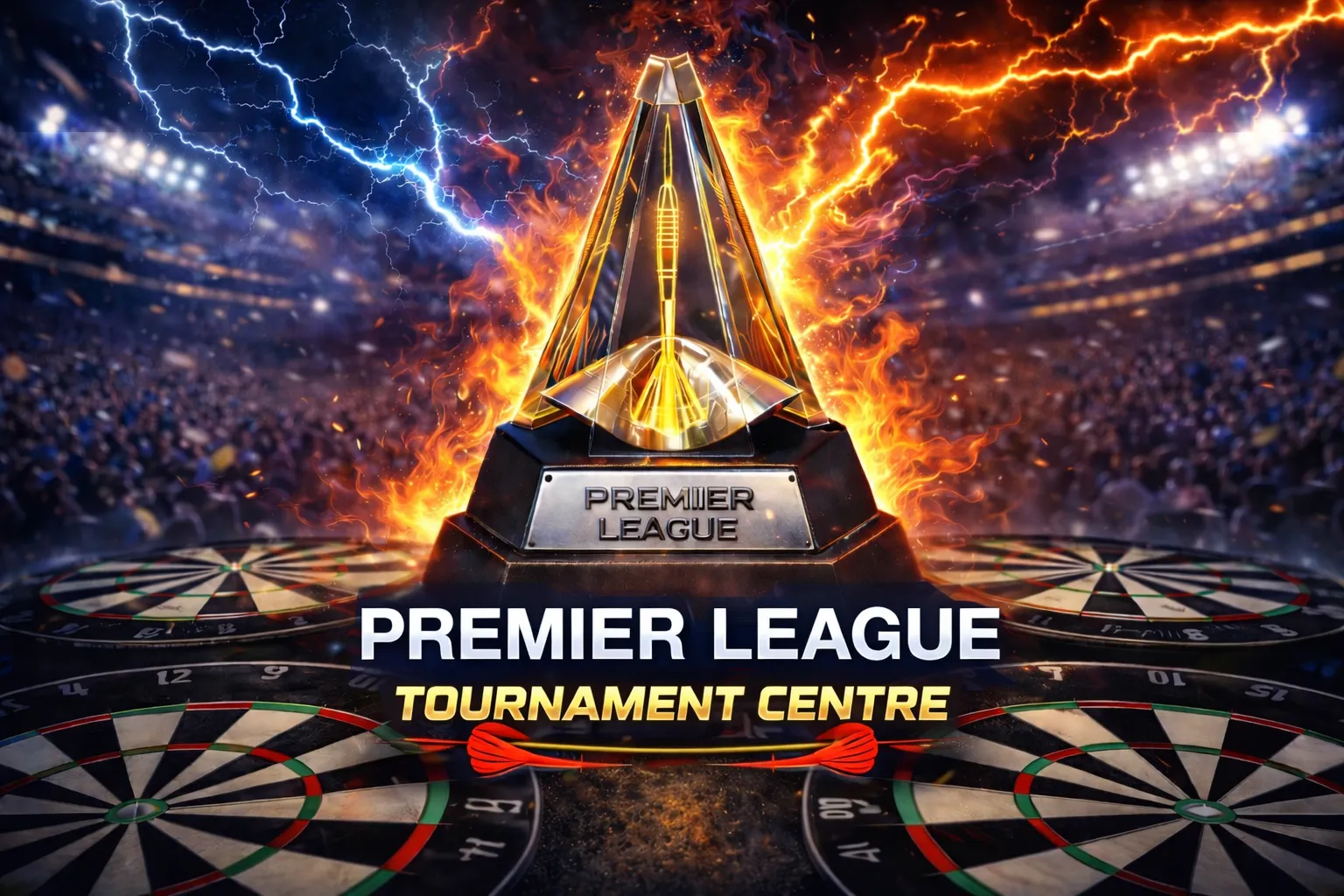"I have to think faster than the darters themselves" - Leading 'spotter' Owen Binks on the difficulties of predicting darters next moves
PDCTuesday, 17 September 2024 at 11:30
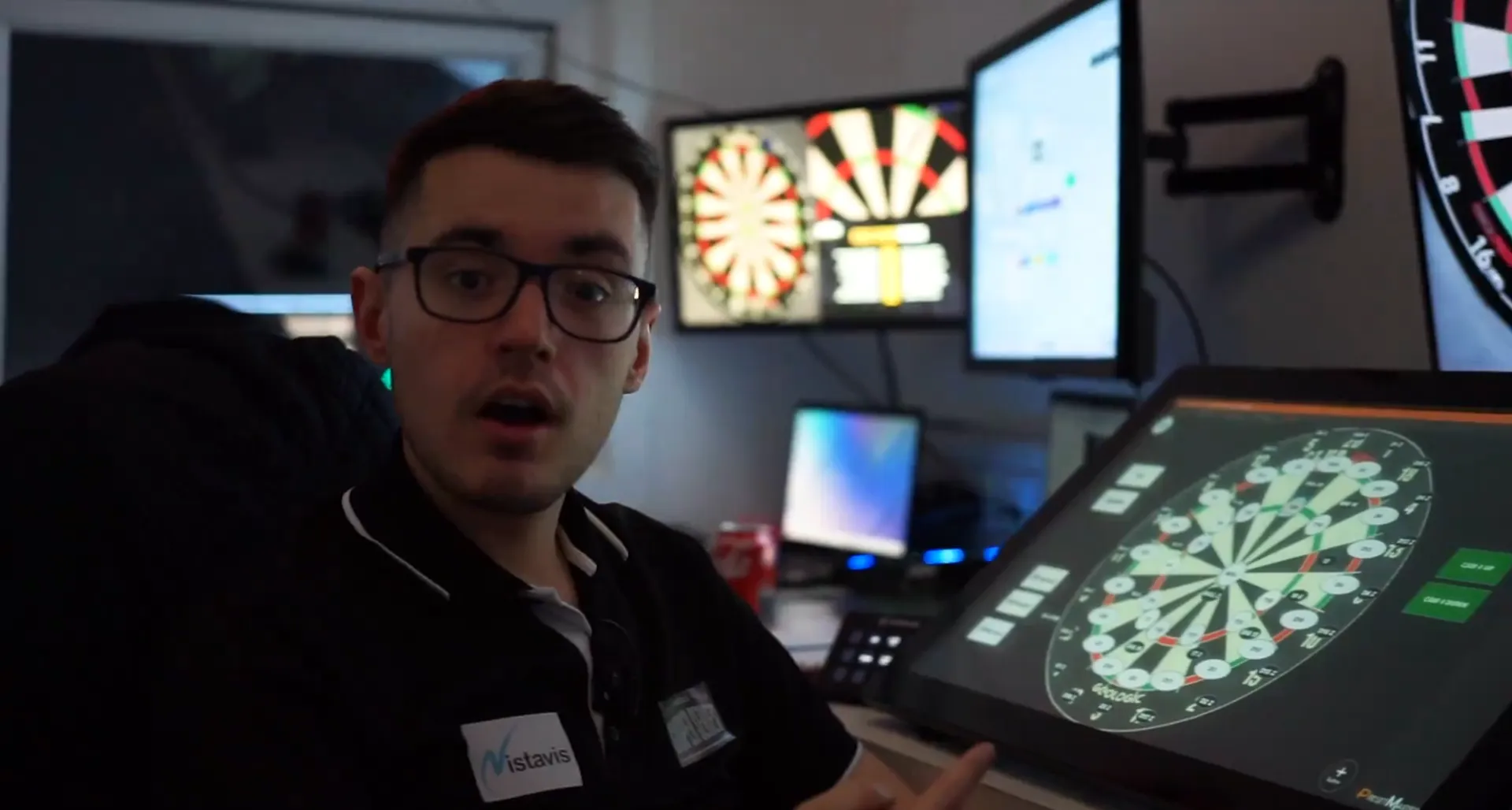
The fact that darts matches are often impeccably portrayed on TV is, of course, thanks to the excellent work of camera operators. But without the help of a "spotter," this would all be impossible.
A "spotter" at darts matches that are televised, is responsible for signaling to the cameramen which segment on the dartboard the players are going to throw at. This person often has to think faster than the darters themselves.
Read also
One of those spotters is Owen Binks, active during the Modus Super Series and also during floor tournaments and European Tour events for the PDC. "There are really few people who know what we do," Binks says in conversation with Het Nieuwsblad. "Even many darts fans have no idea my job exists. Whether I can describe it in two sentences? A 'darts spotter' works in the production room with the director and says what the cameras should focus on during each throw. We give the instructions and everyone else has to listen. TV directors often have no idea what darts is about, so they follow what we say. So we have some power, but we are also under a lot of pressure. Because you are responsible."
"I can say it's a tough job," Binks continued. "It's certainly a lot harder than being a referee. Then you have the answer right in front of you and usually a few seconds to think about it. Then it's mostly good math. But as a spotter I have to think faster than the darters themselves, in other words I have to think ahead. This is then based on habit of a player, my experience or the standard routes you know, but also on, for example, the eyes. You can often see from that where they are going to throw. But even then it is not simple. We often have people who try it because they want to become one, but they quickly realize that it is not their thing. We've also had players pass, world-class players, but then they often passed on what they themselves would do instead of what the player would do on camera. That, of course, is something completely different."
Binks sometimes throws a dart himself, but more as a distraction. "Because so you start thinking what you would do yourself and that's not allowed. You have to get inside the other person's head," he echoes. Although that's easier with some darters than others. "Martin Adams is the easiest of all, because he follows all the standard routes you know. A bit old school, so, although he sometimes makes the wrong choices as a result. Another one is Robert Thornton. His eyes are easy to analyze and when he switches, he turns his whole body."
Read also
"The hardest one I've ever seen? That's easy. Brian Raman. He's a nightmare to spot for. And I even think he's proud of that. He even said it once during an interview, that he wanted to make it difficult for the spotter - me at the time. He is incredibly creative. Especially in the MODUS Super Series, where you play five games in a day, he was crazy there. Another one is Moreno Blom. Who is a little less crazy than Raman, but terribly fast. A difficult combination in our job. By the way: if there is a mistake once, it is often the result of bad communication between the spotter and the director. Not because we indicated a wrong finish."
Dimitri van den Bergh is also not an easy customer for a spotter. "Dimi is not a traditional finisher," Binks states. "He is quite creative and above all a good counter. His 'board management' is extremely strong. He knows perfectly how to leave his favourite double. Luke Littler is also a good counter. By the way: so are many of the younger generation. Littler sometimes has some weird quirks, like the infamous bull, eleven, bull for a 111 finish. But I know that by now and then you take the risk that he will do it again."

Dimitri Van den Bergh in action during the World Matchplay
Binks communicates his decision each time through an earpiece and also often through the computer. "At the start of a leg you always get a split screen, with the board on one side and the darter on the other. Then we usually don't have to say anything yet, unless you have someone like Madars Razma who regularly throws on the nineteen. The next throws you get to see the board, unless at the finish. Then we spot every dart and you get the zooming of the camera on triples or doubles."
Read also
claps 0visitors 0
Just in
Popular news
Latest comments
- Hi, can someone explain why the Players Championship takes place behind closed doors? I've been watching the big championships on and off for decades, but only just started taking a keener interest in the game, and this strange looking competition is a bit of a head scratcher to me at the moment.MrMarkWatsonnonotthatone25-02-2026
- Not Noppy. Get Beau in.medinabello25-02-2026
- If I was noppert,I'd say,sod you lot. You don't think I'm good enough,but suddenly,I can be a replacement? What a load of rubbish. Either you're in,or not. I keep saying,it's a pointless league,just to get people on seats,and beer down their necks. Scrap the whole thingrick6724-02-2026
- Exactly! Did the Glasgow punters get a partial refund for missing out on a potentially explosive match up? I don't know but I doubt it. Given the existing set up, how about this? Four reserves, one European based player to cover the four overseas rounds (including Dublin) and three UK based players to cover four UK rounds each (including Belfast). If the number of continental rounds changed to four for instance then Dublin could be transferred to the UK players allocation for convenience. All reserves should have their travel and accommodation costs covered and to make it worth their while, if they are not used, the reserve could play a match with a LOCAL non tour card holding player between the semi finals and final. This local player would be chosen by a prior qualifying tournament. The prize for this game could be £/euros 1000 or 2000 as the reserve could be spending his time and effort doing an exhibition instead not that I know what the commercial rate for an exhibition is! If the reserve is used in the main competition then the winner and the runner up of the qualifier can play. This could generate additional local interest and publicity. Obviously this doesn't cover every "what if" scenario i.e. What if two main players pull out? Maybe a second of the four reserves could be chosen at random? What do you think?OldShakey23-02-2026
- what a load of crocmedinabello19-02-2026
- So,it's a rubbish league,waste of time. Just put 8000 people in a building every Thursday,get them all drunk,and wonder why it's a complete joke. And forget every other player apart from 8. It's a ridiculous,inane,and needless so called competition.rick6718-02-2026
- Sorry,I've never been a professional darts player,but obviously from your comment,you have. So, going to your reply, you're blaming the management,not the player? So in that respect,he should get a different manager? That's basically all your comment is saying. Don't let him do money makers,which Barney said is easy money, instead of tournaments? Shake hands instead of trophies? Well I guess the manager knows best,as he has a big cut!rick6716-02-2026
- Sorry Mr rick67, erm what punditry credentials do you have to comment on a pundit? There's a reason why many top professionals have management teams. They know how to manage schedules etc so the players can just play. And how is Edgar wrong? Last year MVG failed to qualify by missing too many tournaments and underperforming. He's repeating the error this year so Edgar is right In calling this out.BandB15-02-2026
- Just get of Mardle,I didn't pay to watch him,and I don't want him for free! Let's see,how many world champions,either code,did you win? None! Now mason does it more as a player who was a floor player than you were putting pineapple on your shirt. Mardle,just go,you over inflated ego may follow. Tell you what,get on the seniors tour,and show everyone how good you weren'trick6715-02-2026
- Sorry Mr Edgar,erm what have you actually won to comment? Mvg has had his issues,but you have won a grand total of what? I make that nothing. So how can your comment be justified? Let him do what he likes,you do what you like, and we'll see what you win nextrick6715-02-2026
Loading
